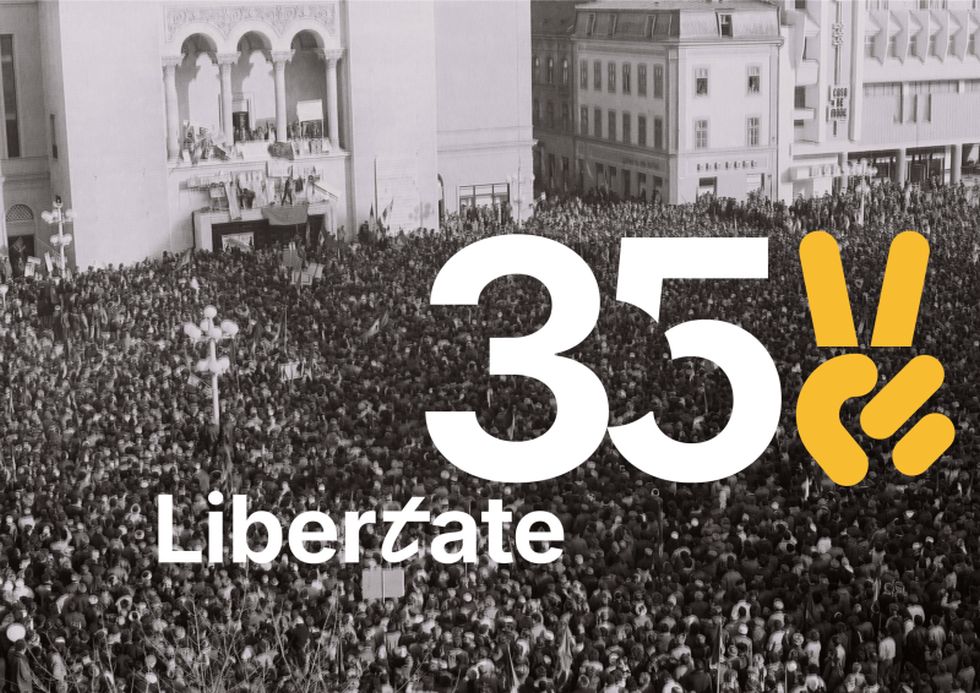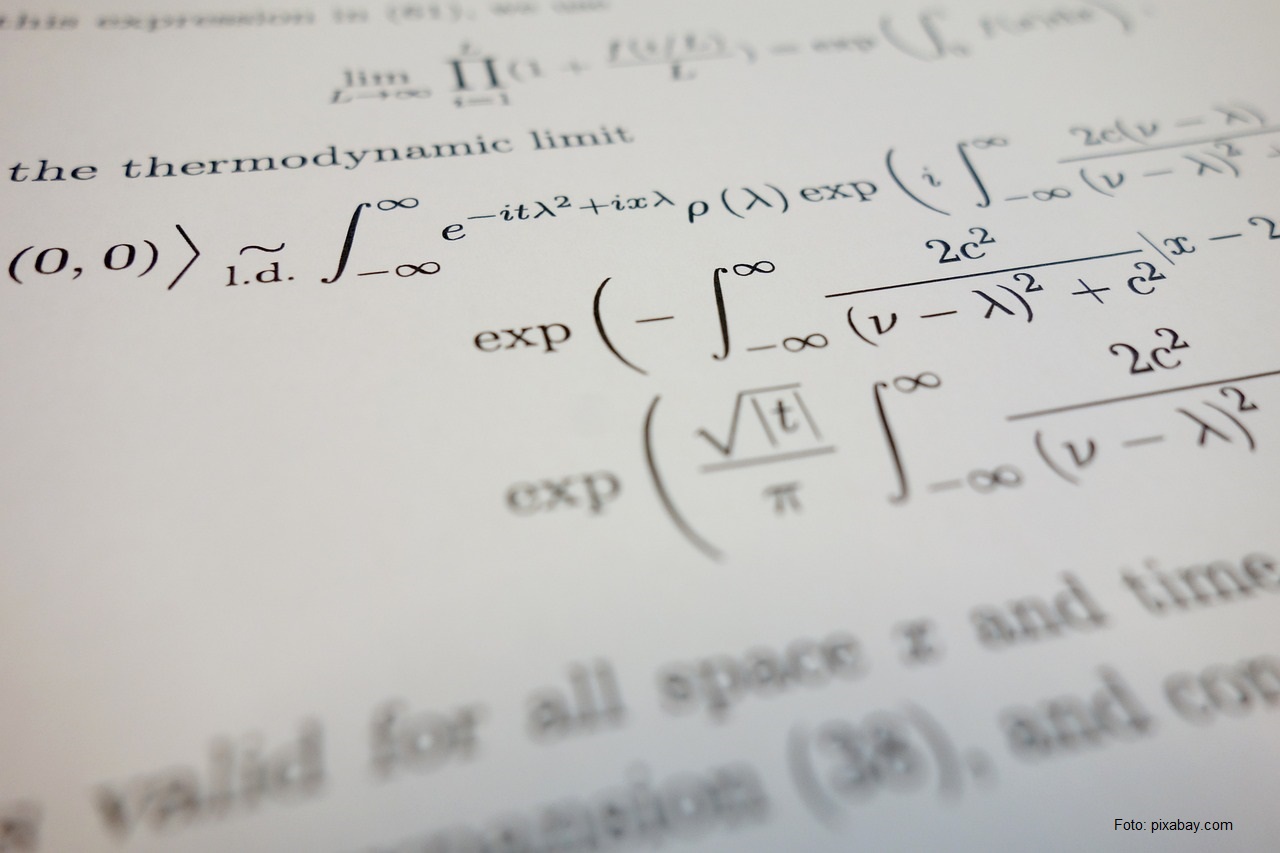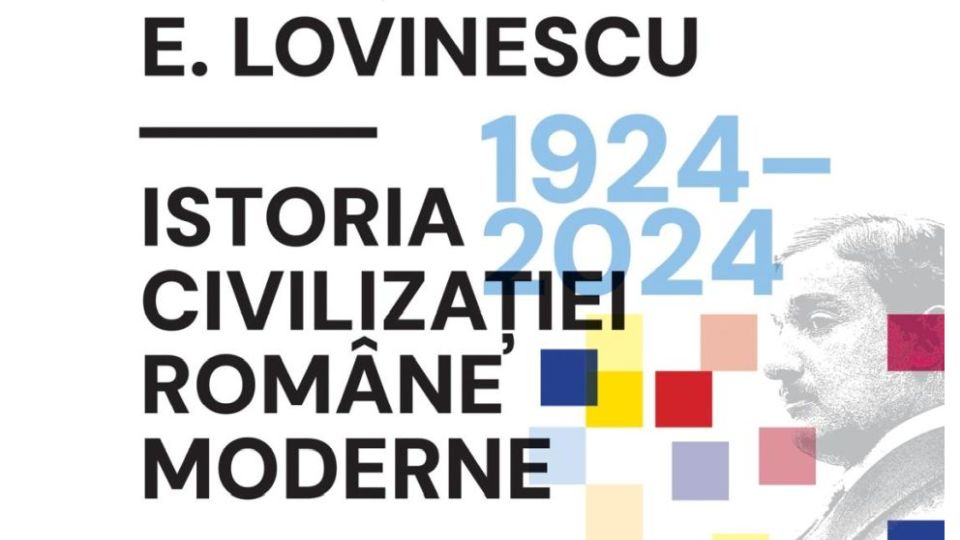Romania in 1918
In the fall of 1918 Romania was trying really hard to overcome a desperate situation

Steliu Lambru, 11.12.2017, 13:02
Earlier that year, Romania had been occupied by the Central Powers’ armies and its image was tainted by the separate peace treaty it concluded in March 1918. In the fall of 1918, the balance of power between the Central Powers and the Entente changed dramatically in favor of the latter, so much so that at the end of the war Romania found itself on the winners’ side. The reward was the establishment of Greater Romania, as the Kingdom of Romania annexed Bessarabia, Bukovina and Transylvania. Yet that was not easy to achieve. Until 1920, the political elite and society in general had to struggle to have the new state recognized at international level. The historian Ioan Scurtu explains Romania’s road from ecstasy to agony in the war years, between 1916 and 1918.
“In theory, Romania ought to have been prepared, since it entered the war in 1916, two years after the great world conflict had started. That particular time span should have normally been used for getting the army as well as the necessary supplies ready. Sadly, it didn’t. After the frenzy of entering the war, when the troops set off in songs, flowers attached to their guns, and with cheering crowds seeing soldiers off as if they were going to a party, the disaster in Turtucaia took place, only 10 days later. That opened the eyes of Romanian officials to reality. Then in November the troops withdrew from Transylvania and in early December the capital city Bucharest was occupied. The government and court had to flee to Iasi, where, aside from all the hardships triggered by such a numerous presence, cholera broke out, claiming the lives of hundreds of thousands of people. And, as if all that were not enough, a railway accident occurred, when more than 1,000 people died as a train went off the rails nearby Iasi.”
1917 however brought its moments of glory, when the Romanian army stopped the advance of German and Austrian-Hungarian troops in Marasesti, Marasti and Oituz. Yet the Bolshevik Revolution triggered Romania’s surrender, which was occupied by the enemies soon after. Despite the fact that it had lost its treasure to Russia, it concluded a separate peace with its opponents and had to cope with the aftershocks of the Bolshevik revolutions in Russia and Hungary, Romania managed to overcome those tremendous difficulties. All that was possible because of a visionary political elite, the historian Ioan Scurtu believes.
“All those obstacles were overcome, due to the fact that Romania had a top-quality political class. And the first name that comes to mind is that of Ion I.C. Bratianu, the president of the National Liberal Party, who played a crucial role in achieving the Great Union. Representatives of Bessarabia, Bukovina and Transylvania came to Iasi, ahead of the Union proclamation, held talks with King Ferdinand and with Ion I. C. Bratianu and other politicians, to find the best way to mobilize everybody for the union. Ion I.C. Bratianu led the Romanian delegation at the Peace Conference in Paris and there he talked to the great politicians of that time, from the US President Wilson to Great Britain’s Prime Minister. Eventually it was a success, and through the peace treaties of 1919-1920 the Chisinau, Cernauti and Alba Iulia union documents were ratified.”
But it was the two Romanian monarchs, Ferdinand I and Marie, who mobilized the nation. Here is Ioan Scurtu again:
“King Ferdinand was German, he had been an officer in the German army. When, during a Crown Council meeting, he said he was in favor of Romania entering the war against his country, his family, he made a personal sacrifice, but at the same time an act of great importance for Romania. He had an exchange with Petre P. Carp, right after the Council meeting. Carp told him curtly that he had forgotten he was German, and such a decision was improper. The king replied that he was fully aware of being German, but, he added, if the interests of his country would have been in line with Romania’s, he would gladly have taken a different path. However, he considered himself Romanian too, the king of Romanians, and he acted in the interest of the country he was heading.”
The sacrifice of the nation was also the sacrifice of the royal couple, and strength of character shows in the most difficult moments. Here is historian Ioan Scurtu again:
“Queen Marie was right from the start in favor of Romania joining the war on the side of the Allies. She was English, and she played an important role in convincing Ferdinand to make this personal sacrifice in the interest of the Romanian people. Along the way, the king and queen were always close to Romanians, to the army, to the main political leaders. When he heard a proposal to withdraw from Iasi to Odessa, in Russia, for fear that German troops would take over the whole of Moldavia, King Ferdinand said he would not leave the country. Ion I. C. Bratianu did the same. This mobilized public opinion, including some politicians who had left in a hurry to take residence in Ukraine, in cities far from the front line.”
Greater Romania had been the dream of the early 20th century. It was an aim reached by all who believed in it, by following strong models and principles, by overcoming emotion and hesitation, by sheer force of will.






























